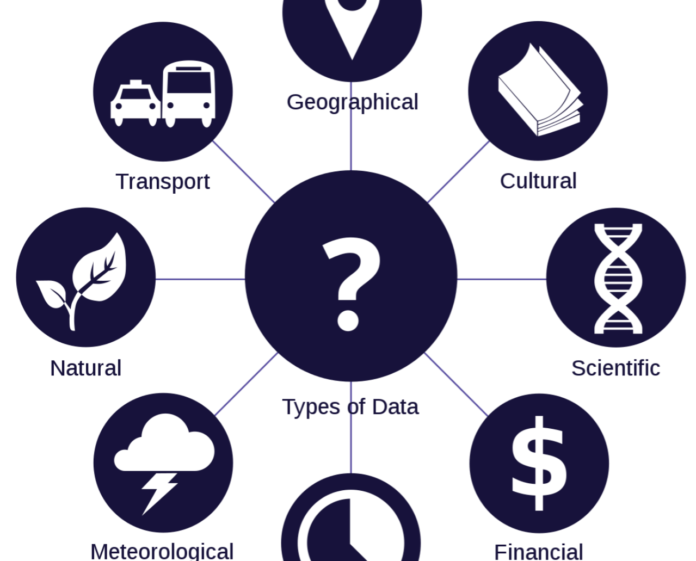The impact of digitisation on many sectors of society is enormous. Yesterday, state and regional administrators in The Netherlands reached an agreement on the further growth of the data centre sector in the country.
These data centres affect things like healthcare, mobility, energy, agri-food, education, and government services. The internet, mobile apps or even something like Netflix is only possible thanks to digital connections and data storage.
A routekaart (roadmap) is a targeted approach to steer the growth of data centres. It also aims to guide jobs and to strengthen the economy sustainably. For years now, these centres have been growing around 15% a year. The Spatial Economic Development Strategy (REOS) will now take control of the spatial development of these data centres.
Data centres are crucial
Data centres play a pivotal role in this, allowing the modern digital society run. Most Dutch data centres are located in the Amsterdam region, and they are growing fast. So fast that space and energy in that region are running out. This is why the government, the Northern and Southern Randstad, and the Brainport region are joining forces. They are developing a roadmap of data centres. With this, they want to achieve balanced growth.
The Amsterdam region remains the data hub of the Netherlands, and it must be able to continue to grow sustainably. However, pressure needs to be taken off this region. By, among other things, developing a new data centre cluster in South Holland, they expect to be able to do just this. The is where the routekaart comes in.
Eindhoven Councillor, Stijn Steenbakkers, is one of the driving forces behind this initiative. Together with the Mayor of Almere, Franc Weerwind, he emphasises that this roadmap was drawn up in close collaboration with all the stakeholders. These are the technology sector, research institutions, councils, and network operators. This data centre roadmap can now come to fruition.
These data centres are part of the REOS programme. This is an initiative of several Ministries. The cities of Amsterdam, Rotterdam, The Hague, Utrecht, and Eindhoven are also involved. As are the North Holland, South Holland, Utrecht, Flevoland and North Brabant provinces. The Economic Boards of Amsterdam, South Holland, Utrecht, and Brainport Eindhoven are part of the initiative too. Together, these parties are working on solidifying the international competitive position of the Netherlands.
Source: Rijksoverheid
Photo: Wikipedia
For Eindhoven News: Melinda Walraven
















